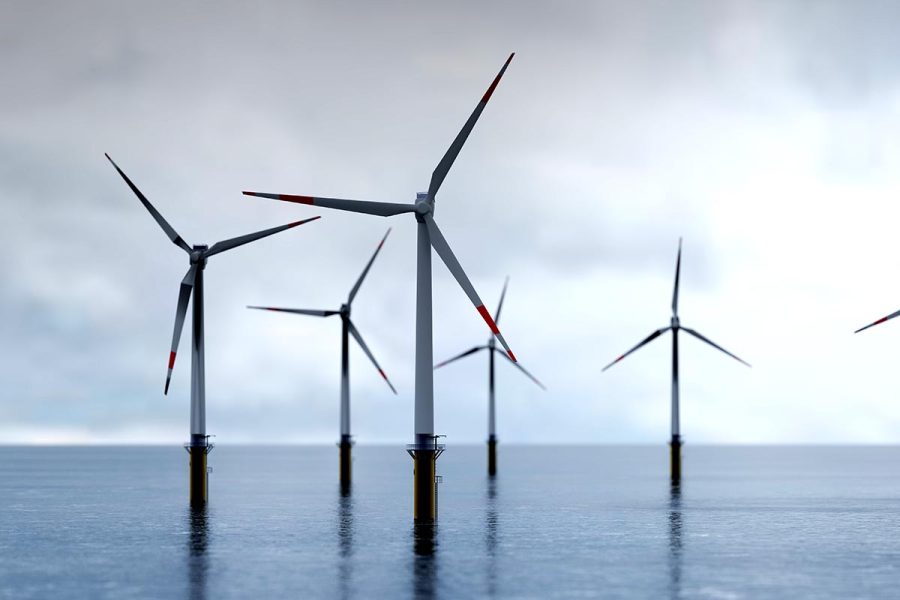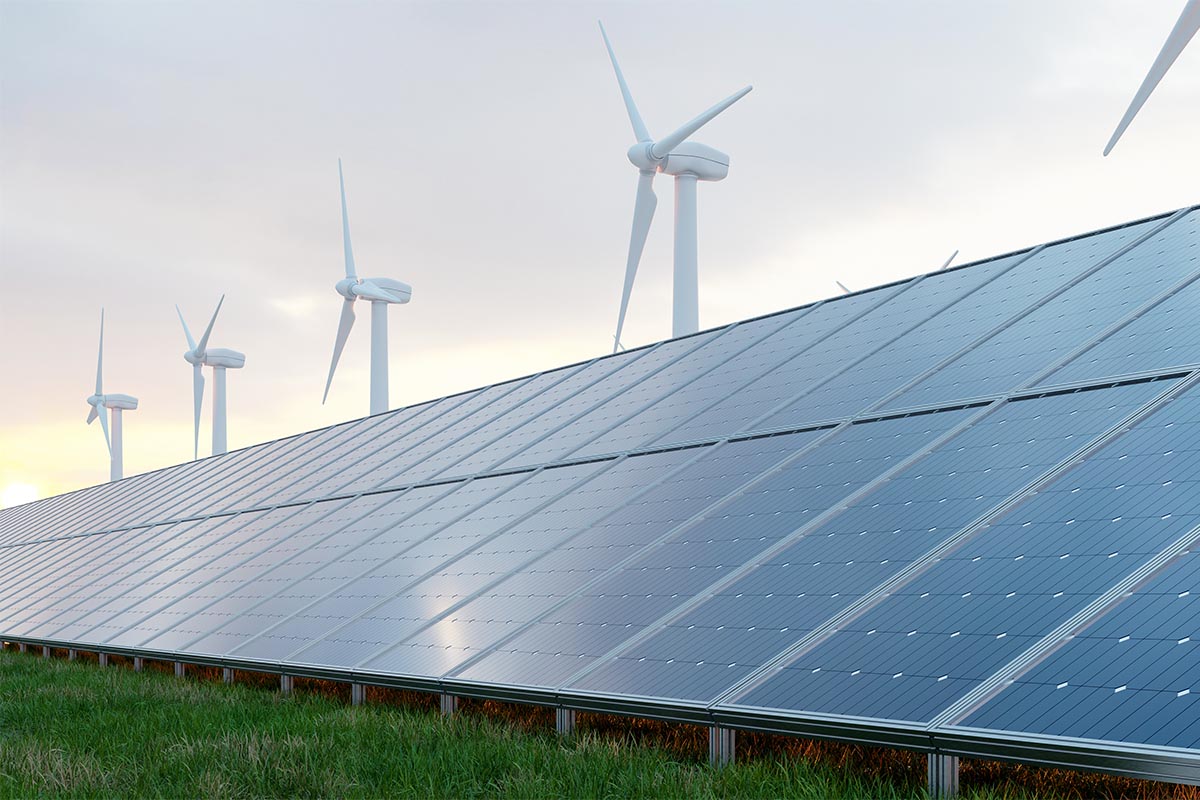One of the ways to achieve Vision 2030, the comprehensive programme that will make the Nordic region the world’s most sustainable and integrated by 2030, is via renewable energy, which is an area where Norway is a champion
Norway is the world’s seventh largest hydropower nation – and the largest in Europe. Some 98 per cent of electricity produced in Norway comes from renewable energy sources. However, even though hydropower is dominant, Norwegian companies are pioneering technologies in other areas, including solar power, floating offshore wind and energy storage. Over the last decade, wind power has become an increasing part of Norwegian power production. For now, wind still represents only a small part of the total output, but the number of wind turbines is increasing year-on-year.
Norway’s hydropower resources have given it industrial development, wealth creation, light and heating for more than a hundred years. Norway is today a global pillar of energy security, with its ample reserves of oil and gas produced in an environmentally responsible manner. The country is a significant and reliable international supplier, exporting close to 90% of its energy production.
The country has updated its already ambitious climate targets with plans to reduce greenhouse gas emissions by 90-95% of 1990 levels by 2050, excluding carbon sinks. The country’s robust carbon pricing system, under which 85% of domestic emissions are either covered by the European Union Emissions Trading System or are subject to a carbon tax, provides a solid foundation for delivering on this target. And yet, the remaining reductions will be more complex, challenging and costly, notably in transport and industry.
Specifically, Norway is well placed to decarbonise a wide range of sectors through technologies like electric vehicles, hydrogen, and carbon capture, utilisation and storage. Norway is already a leader in carbon capture, and its impressive Longship project, which encompasses two full-scale capture facilities and one storage facility in the North Sea, will help to further advance this technology for the world.

Indeed, climate change entails a need to continuously adapt to climate change in order to prevent unwanted incidents that may endanger human life and negatively impact key infrastructure and societal functions. From an international perspective, Norway is well equipped to handle the direct effects of climate change. The Norwegian Water Resources and Energy Directorate (NVE) has instruments that, separately or in combination, are suitable to reach the necessary climate adaptation within NVE’s areas of responsibility.
The knowledge base has been improved through updated hydrological projections and flood analyses, as well as through work related to the new version of Klima i Norge 2100 (Climate in Norway 2100) for the Norwegian Centre for Climate Services (NCCS).
Faster transition and the development of the Green Industrial Initiative require closer interaction between business and the authorities, as well as strengthened industrial partnerships with other countries
Recently, the Government of Norway has launched the Green Industrial Initiative that aims to make the country a green industrial and energy giant based on its natural resources, knowledge environments, industrial expertise and historical advantages. The strategy is tasked with helping accelerate the transition, create jobs throughout the country, strengthen investment on the mainland, increase exports and cut greenhouse gas emissions.
The Norwegian industrial sector is already based on clean and reasonably priced renewable energy, and industrial companies that manage to develop and utilise high-tech solutions in many areas. However, the government acknowledges that green industrial investments require access to suitable areas and infrastructure, raw materials and, not least, capital and labour. The right competences, as well as a well-functioning capital market and tax system, are thus also essential for growth and restructuring. That’s why the government made a commitment to pursue a comprehensive policy towards business, industry, energy, climate and the environment that is efficient, results-oriented and, in aggregate, contributes to NVE ambitions related to green transition.

The Government has identified seven areas that will be prioritised under the scope of the Green Industrial Initiative. These are value chains for offshore wind, batteries, hydrogen, carbon capture and storage, the processing industry, the maritime industry, and forestry and the timber industry, as well as other bioeconomy sectors. These areas are considered key to work on developing an emission-free energy system and society, which provides opportunities for sustainable production in the future, and with expected high future market demand.
It was additionally concluded that faster transition and development require closer interaction between business and the authorities, as well as strengthened industrial partnerships with other countries.
Along these lines, and under the auspices of the project Nordic Green – Solutions for Serbia 2022/2023, an interesting event will be organised on 15th November at Science and Technology Park Belgrade. This event will see representatives of cutting-edge Norwegian companies and authorities discuss possibilities for cooperation with Serbian companies, start-ups and state institutions.
The event we will focus on renewable energy, the application of the latest technologies in energy systems and storage solutions, as well as other relevant topics, such as balancing the power market, improving secondary legislation, technology development and public-private partnership for innovation. The event will provide insight into best practices on accelerating the Green Agenda through renewable energy.
